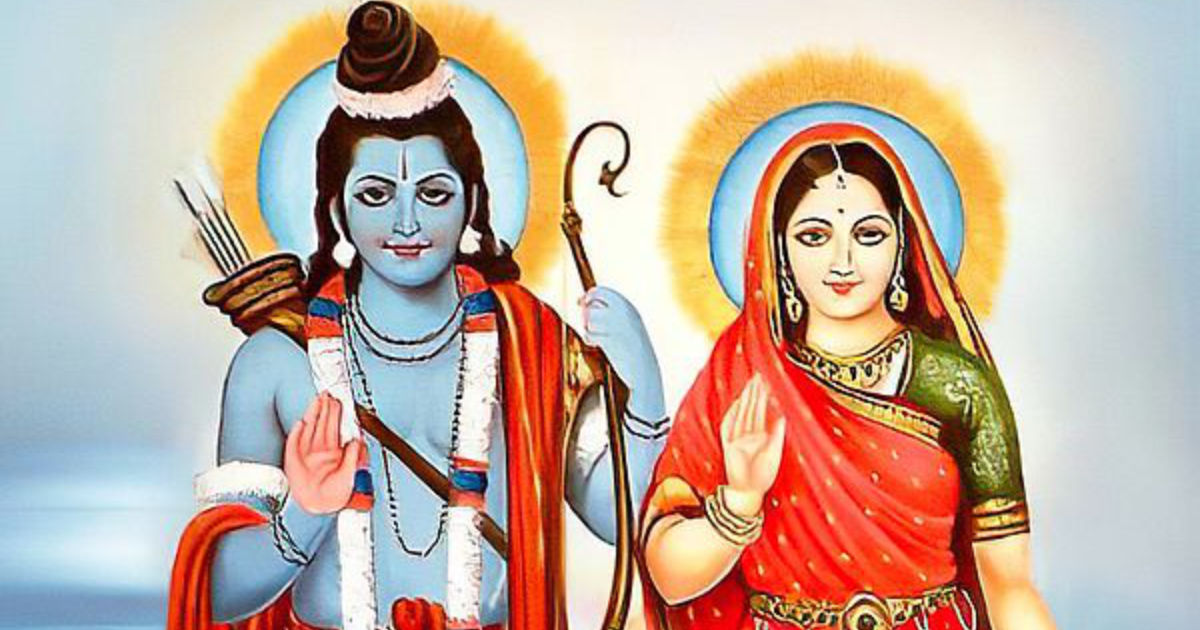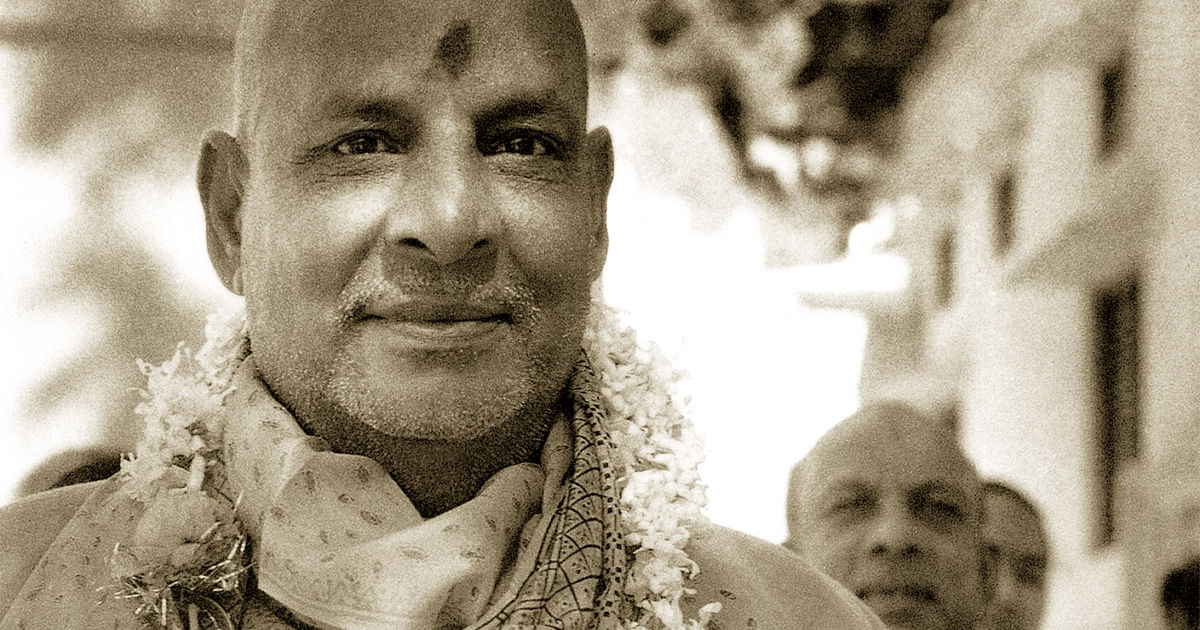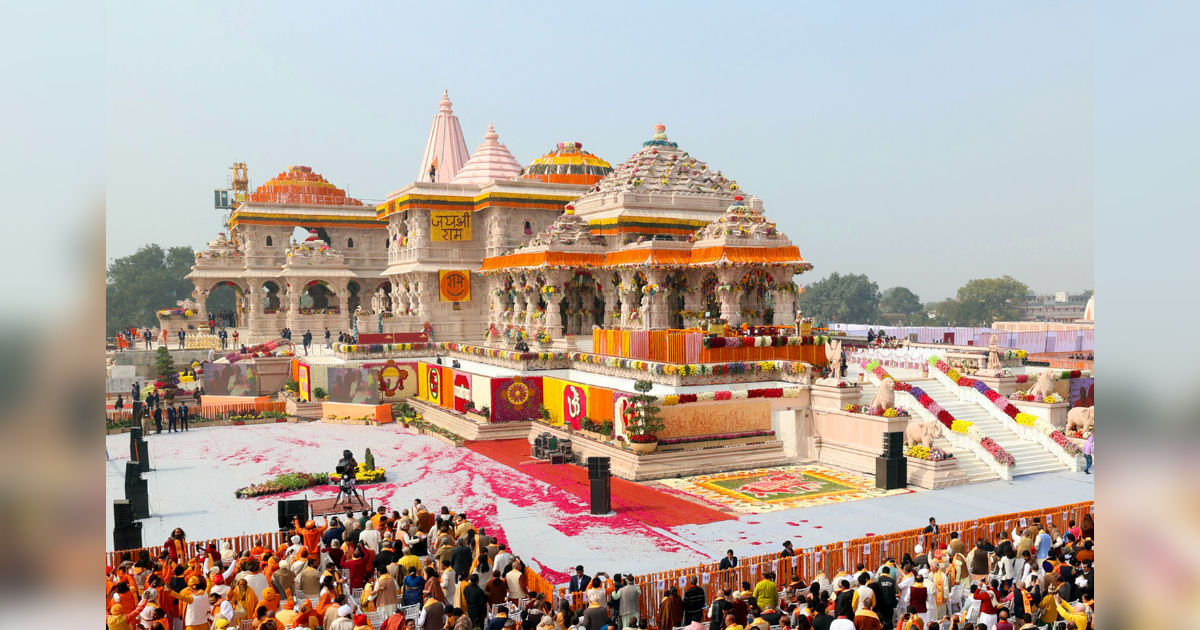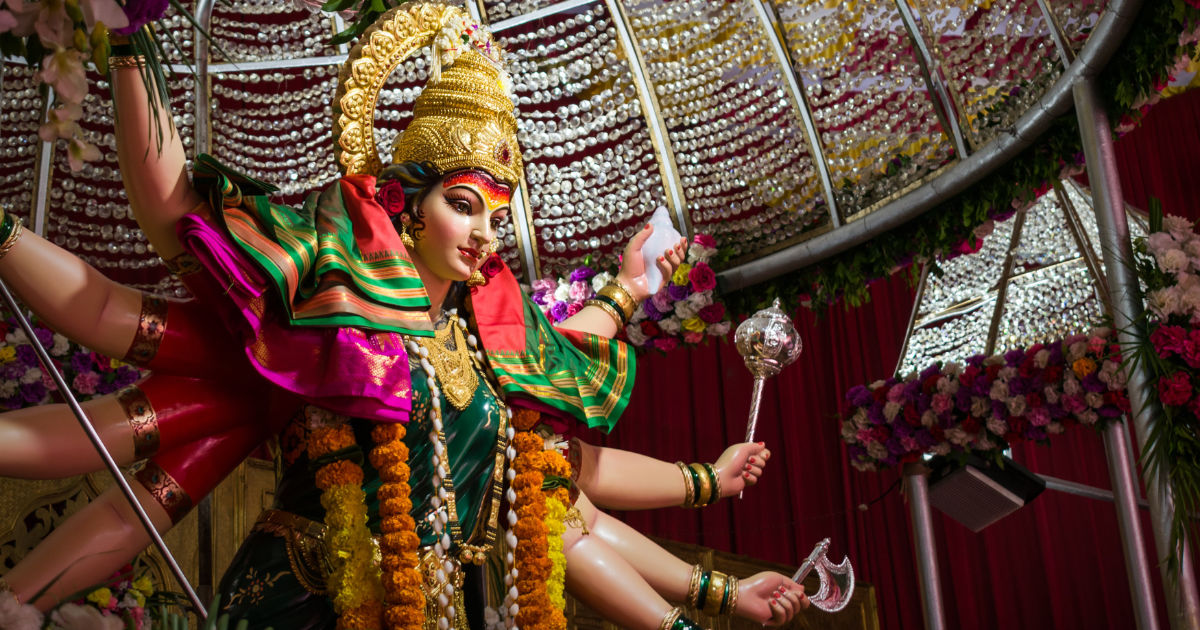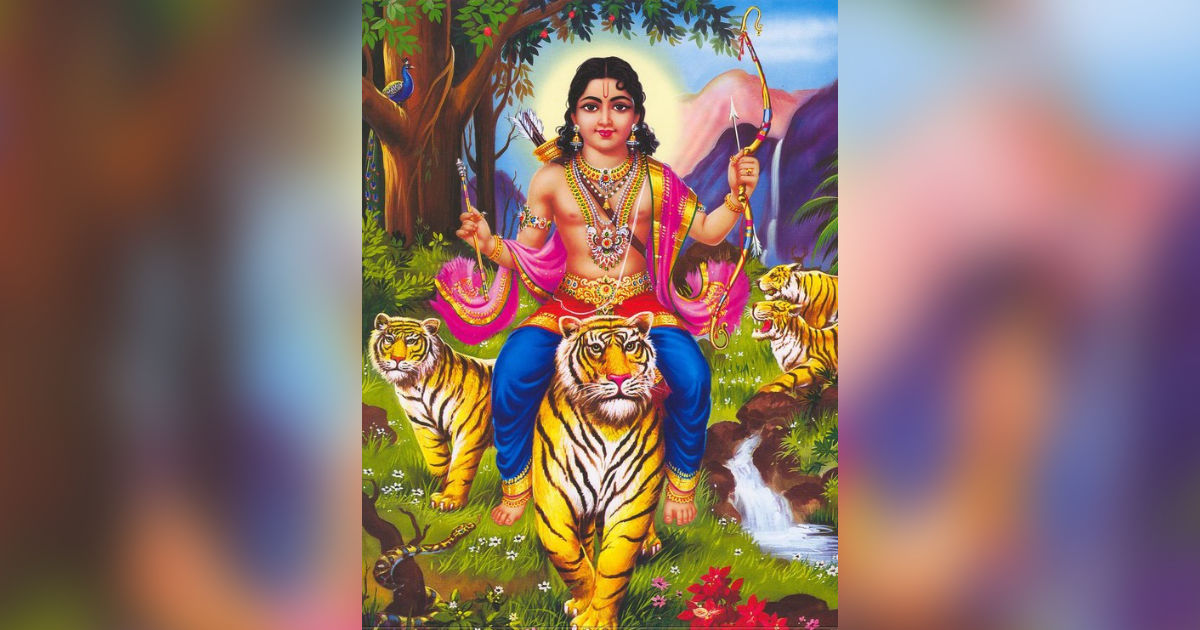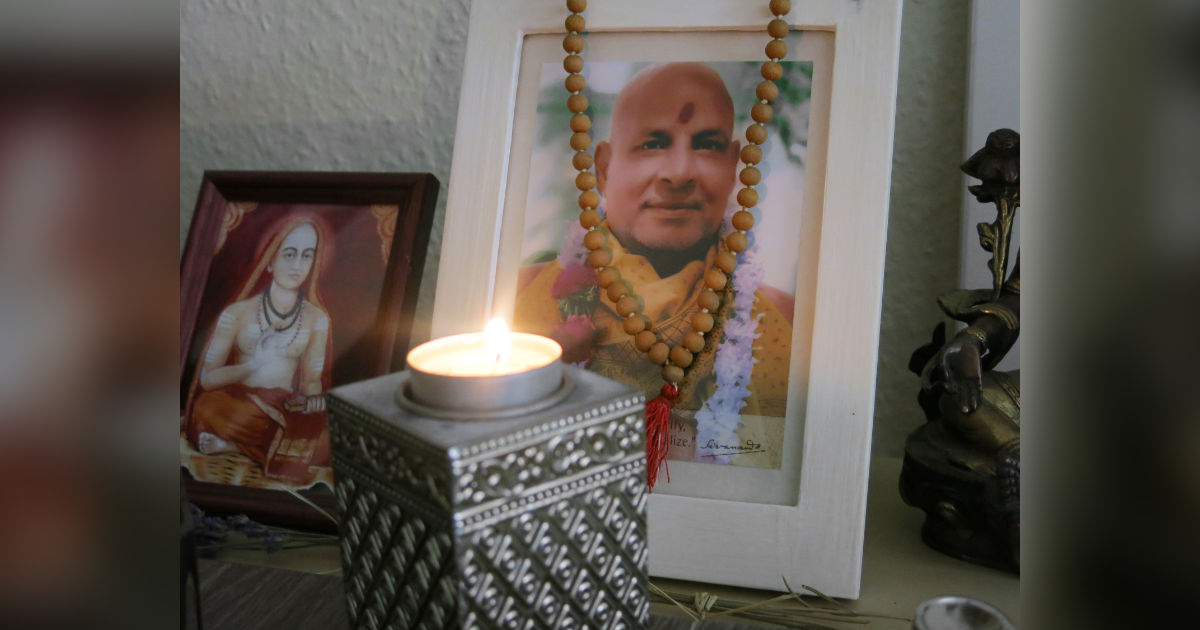How did it all begin? Shakti, who is the cosmic Mother, has many names – Uma, Parvati, Durga, I can go on. She asked Shiva to narrate a story which will offer comfort in troubled times to all her children. Shiva then narrated the story of the Ramayana, which is about Ram and Sita. Continue reading
Tag Archives: Dharma
Environment and Dharma
The concept of Hinduism is Dharma. One of the attributes of dharma is protecting the environment. We must practice pro-environmental behavior. Pro-environmental behavior is the actions we take in daily life to protect the environment. There are three levels here, willingness to act, daily protection activities and efforts to bring about public change. Since our environment is composed of earth, water, fire, air and ether. We have to make sure that our earth is not exploited, our water is drinkable and our air is breathable. Continue reading
Who is Ram?
Ram is the seventh avatar of Vishnu, and he is born as a mortal. In our Hindu tradition, Ram is a divine human, a mortal god incorporating both into the exemplar who transcends both humans and gods. The story of his life is in the Ramayana and the Ramayana is an allegory for the duties, rights and social responsibilities of an individual. He is a superior being and does not render evil for evil. Continue reading
928 – Am I a Hindu?
The Hindu belief is totally non-exclusive and accepts all other faiths and religious paths. An ancient Vedic text says that God or truth is one and wise persons refer to it by many names. Hindus believe that no one religion is exclusively true, that all major faiths are aspects of the one universal all encompassing truth, and that there are many paths to seek and experience religious understanding and enlightenment. Continue reading
924 – The importance of Kama
And the curbing of Greed
Kama is desire and it is a part of the fourth Purushartha and greed is an obstacle in the way of Bhakti.
Let us understand what Purushartha means. It means the objectives of mankind. These goals are Dharma, Artha, Kama and Moksha. Dharma is the “order and custom” that makes life and universe possible. They are also described as the four pillars of Hinduism. Purushartha also means that an individual should have a meaningful life (Artha) by earning earning an honest livelihood through lawful means (Dharma), fulfil his desires (Kama) and attain liberation (Moksha). Continue reading
923 – Remembrances about Fathers
Padma Purana states, “Sarvedevmayh Pita”—
father is the embodiment of all devatas, gods.
Hindu Scriptures state:
Pita dharmah, pita, swargah, pita hi parman tapah,
Pitr preetmpanne preeyant sarva devta. Continue reading
919 – How should we venerate the Planet?
Our veneration of the planet will lead to Dharma. The practice of Dharma (righteousness) will enable us to save Prithvi (mother earth) and ourselves.
There are four important acts that we must make a part of our daily life. Ahimsa, compassion, maintaining the ecological environment and being aware of the presence of the Divinity. Continue reading
913 – Our frenemy on the spiritual path
It does not read well. Why should one have friends who are enemies? If one is on the spiritual path, one’s enemies should drop by the wayside. I am using the word frenemy as it describes the role of Kama in one’s life. Kama can pretend to be a friend and can also be an enemy. Continue reading
911 – Sri Rama’s instructions
Sri Rama’s first instructions were to Shabari. Who was Shabari? Shabari was a devout and pious woman, who lived in the forest. She was waiting for Rama’s arrival as she wished to learn what the true meaning of Dharma was. She was told by her Guru Matanga that she would be blessed by Rama. While praying for Rama’s visitation, she grew old. Continue reading
879 – Who is the mirror?
Loneliness and solitude are two different things. When you are lonely, it is easy to delude yourself into believing that you are on the right path. Solitude is better for us as it means being alone without feeling lonely. But eventually it is best to find a person, the person who will be your mirror. Remember only in another person’s heart can you truly see yourself and the presence of God within you.
Extracted from the book, The Forty Rules of Love by Elif Shafak. Continue reading
795 – The story of the Ram Mandir
It is a long and very sad story which has a happy ending. As you all know Ram is an incarnation of Vishnu and he came to the earth as a mortal to destroy an evil King by the name of Ravana. Ravana had been granted a boon that no God could kill him. Continue reading
631 – What faith one belongs to
Why does one have to explain?
The Same God
Now there are varieties of gifts, the same Spirit; and there are varieties of service, but the same Lord: and there are varieties of working, but it is the same God who inspires them all in everyone. To each is given the manifestation of the Spirit for the common God.
1 Corinthians 12. 4-7 Continue reading
613 – Who is Ayyappa?
Ayyappa is the son of Vishnu and Shiva? How did this come about? He was born out of the mystical union between Shiva and Mohini, who is the temporary avatar of Vishnu. Vishnu took the form of Mohini to undertake tasks that he could not accomplish in his original male form. Continue reading
608 – The Hindu Code of Conduct
Hinduism is the world’s oldest religion. It is also known as Sanatana Dharma. It is a natural religion and its practices and philosophies are considered accessible to all.
All beings from the smallest organism to man, are considered manifestations of the divine. Hinduism views the universe as a family, or in Sanskrit, Vasudhaiva Kutumbakam. Continue reading
303 – The central teaching of all the saints
It is our dharma, our faith to serve humanity. We must give love to those who need love. We must help those who are poor and neglected. Our resources must be utilized for the welfare of others. Our strength, intelligence, mind, heart, soul, money, knowledge, power, and friends should be used for the benefit of others. Enjoyment and happiness comes from giving and sharing with the needy and the unhappy. These are the teachings of Jesus Christ, Saint Francis, Gautama Buddha, Mahavira, Mahatama Gandhi and every enlightened human being. Continue reading



